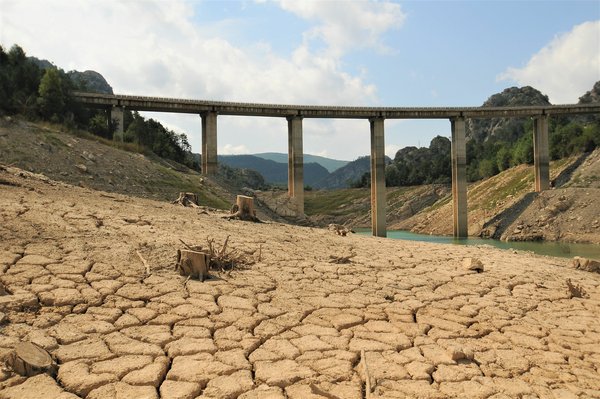
More weather extremes in Europe during the summer under climate change
Due to global warming, the North Atlantic Oscillation, an atmospheric circulation pattern that strongly influences European weather, is becoming more…
![[Translate to English:] [Translate to English:]](/fileadmin/_processed_/3/9/csm_PB080743_quer3_b992ccce98.png)
“Hasselmann legacy” symposium on stochastic thinking in climate science
Renowned researchers meet at the Max Planck Institute for Meteorology in order to discuss current and future work in the line of Klaus Hasselmann’s…
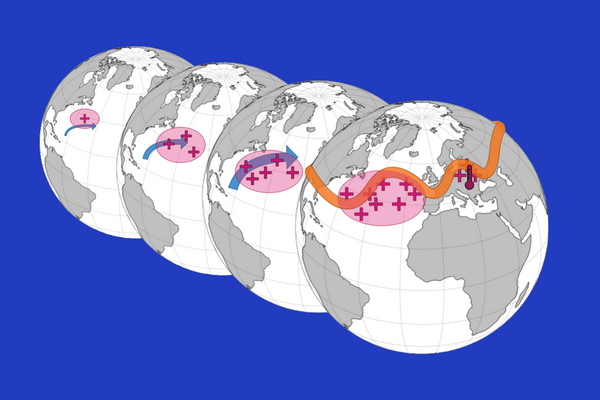
Extremely warm European summers are preceded by North Atlantic Ocean heat accumulation
In a new study, Lara Wallberg, together with Laura Suarez-Gutierrez, Daniela Matei, and Wolfgang Müller have investigated the relationship between…
![[Translate to English:] [Translate to English:]](/fileadmin/_processed_/8/6/csm_T_BBVA_Frontiers_b779625034.jpg)
BBVA Climate Change Award: Together researchers unlock the secrets of polar ice
The BBVA Foundation Frontiers of Knowledge Award in the Climate Change category has gone to five European scientists whose pioneering research on…

End-of-century levels of extreme heat and drought are approaching Europe swiftly
Extreme heat and drought typical of an end-of-century climate could soon occur over Europe, and it could do so repeatedly. Laura Suarez-Gutierrez,…

Towards improved CO2 predictions
What factor limits the predictability of atmospheric CO2 concentration? Scientists from the Max-Planck-Institute for Meteorology, in collaboration…

Peter Landschützer appointed research director at the VLIZ in Ostend
Dr. Peter Landschützer, scientist in the department "The Ocean in the Earth System" at the Max Planck Institute for Meteorology (MPI-M) and head of…
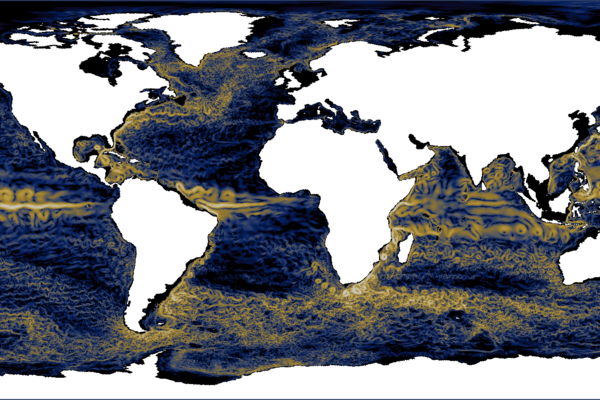
Project EERIE: Ocean eddies for better climate projections
The Max Planck Institute for Meteorology (MPI-M) is successfully involved in the new EU project EERIE (European Eddy-RIch Earth system models).…
![[Translate to English:] [Translate to English:]](/fileadmin/_processed_/5/1/csm_220228_TeaserPic_Kapsch_Ziemen_6x4_be9a69e224.png)
What controls the millennial-scale climate variability in simulations of the last deglaciation?
The transition between the last glacial maximum (LGM, about 21,000 years before present) and present, which is referred to as the last deglaciation,…
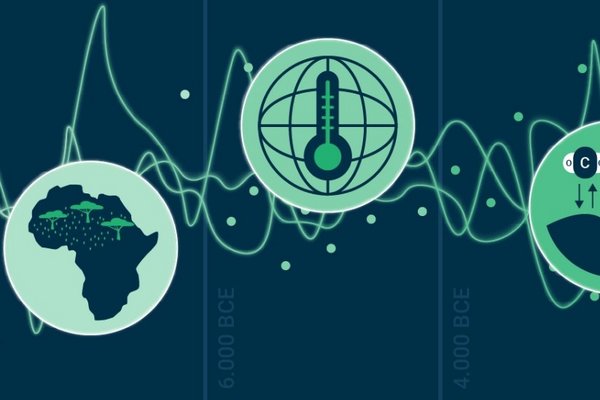
Variability of the Earth system over the last 8000 years
After the peak of the last ice age about 21,000 years ago, the great ice masses that had covered large parts of North America and northern Europe…

CLICCS – A cluster of excellence for climate research – Which climate futures are possible and which are plausible?
The Paris climate agreement from December 2015 recognized that the world is warming and that humans are primarily responsible for it. This provided a…
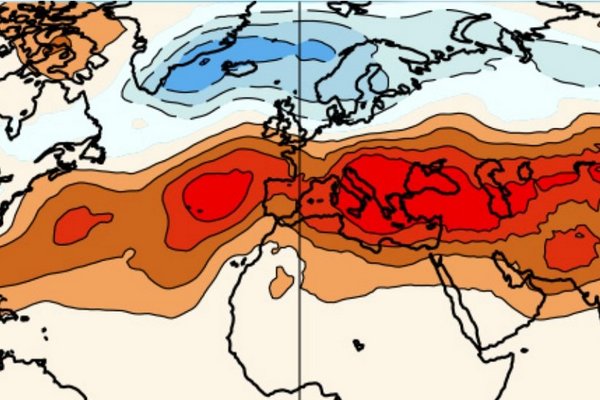
Development of a high-resolution Earth System model and its application in CMIP6
Complex Earth system models, such as the model of the Max Planck Institute for Meteorology (MPI-ESM), have a reduced resolution for climate…
